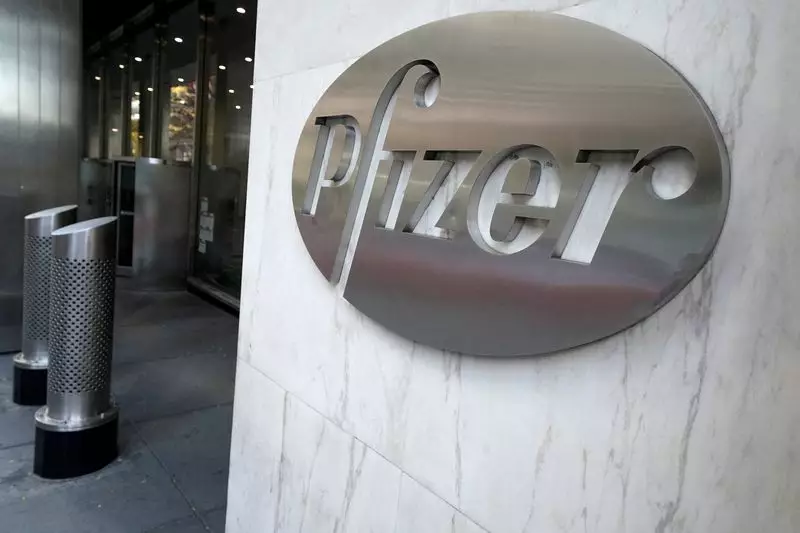Pfizer, a global leader in pharmaceuticals, has made significant leadership changes amidst investor concerns regarding its research capabilities and recent financial performance. The appointment of Chris Boshoff as the company’s new chief of research and development signals a strategic shift toward bolstering its oncology portfolio as Pfizer seeks to navigate a challenging market landscape.
On Wednesday, Pfizer announced that Chris Boshoff, a seasoned executive with over 11 years at the company, will assume the role of chief scientific officer effective January 1. Boshoff’s internal promotion comes at a time when the company is facing scrutiny from activist investors such as Starboard Value, who have criticized Pfizer for its past large-scale acquisitions and underwhelming research outcomes. This decision not only reflects the company’s inclination to foster talent from within but also highlights a potential shift in strategic priorities toward oncology research and development.
Analysts have viewed this selection as a somewhat unexpected choice given the recent outcry for new perspectives within the company’s leadership structure. Daniel Barasa, a research analyst at Gabelli Funds, noted that choosing an internal candidate could mean a recommitment to oncology amidst disappointing results in other therapeutic areas. This perhaps indicates a realization that the company needs to revitalize its R&D pipeline, focusing intensely on areas where it has seen success, rather than spreading itself too thin across diverse research streams.
Pfizer is currently contending with a significant drop in sales, particularly following the surge in demand for its COVID-19 vaccine and antiviral Paxlovid during the pandemic. The company’s stock value has diminished by nearly 13% this year, trading at barely half its pandemic-era peak, a clear indicator of investor unease. The criticism of overspending on acquisitions can be linked directly to these declining revenues, as seen in the inadequate performance of recent product launches including an obesity treatment and an RSV vaccine.
The pressure on Pfizer intensifies with a recent announcement of the discontinuation of its sickle cell disease treatment, Oxbryta, after reports of patient fatalities during clinical trials. These setbacks highlight the critical need for Pfizer not only to revamp its research strategies but also to regain investor confidence by developing drugs that can achieve commercial success.
Chris Boshoff’s tenure as head of oncology has already established him as a key player in Pfizer’s efforts to innovate and expand its cancer treatment portfolio. Having overseen the approval of numerous innovative therapies, Boshoff’s knowledge and experience will be vital as Pfizer confronts its ongoing challenges. His promotion signifies the importance Pfizer places on oncology as a cornerstone of its R&D efforts moving forward.
In his new role, Boshoff will have the responsibility of overseeing all therapeutic areas within the company’s research and development framework, suggesting that a streamlined focus on effective drug development processes may be on the horizon. This transition not only aims to harness existing talent but also embodies a company-wide recognition of the importance of having a singular focus amid broader market upheaval.
With major candidates poised in Pfizer’s pipeline, including novel cancer therapies, potential treatments for obesity, and next-generation COVID solutions, Boshoff’s leadership could signal a resurgence in the company’s fortunes. Moreover, with Roger Dansey serving as interim chief oncology officer, there’s a continued commitment to ensuring that leadership transition aligns with uninterrupted innovation in oncology.
It remains to be seen whether Boshoff’s internal promotion will meet the rising demands of investors and stakeholders. However, the decision suggests a deliberate strategy aimed at reinforcing the company’s commitment to research, particularly in oncology—an area that presents significant revenue potential and aligns with present healthcare needs.
As Pfizer embarks on this critical evolution, the pharmaceutical giant must not only address its immediate operational challenges but also reignite hope for stakeholders who anticipate the launch of effective and profitable therapeutics in the near future.

